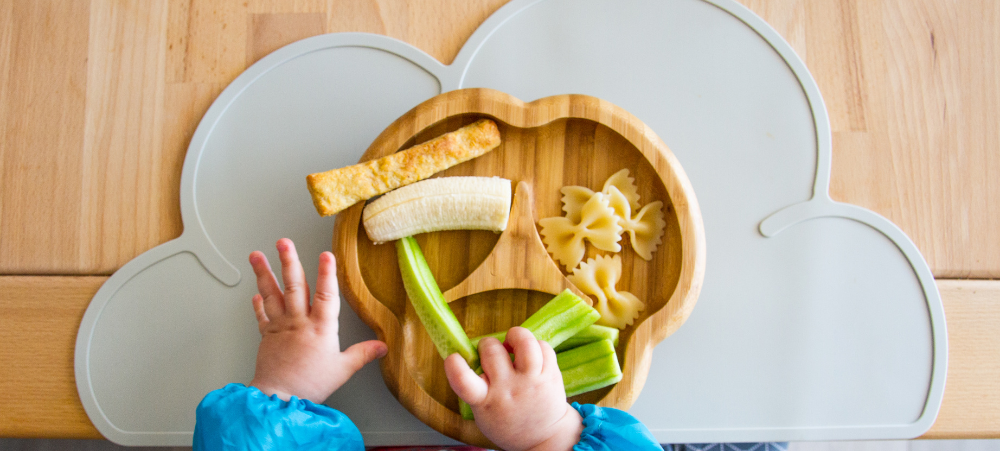Introducing solid foods to your baby is a significant milestone, filled with excitement and a touch of uncertainty. Navigating this new phase requires a balance of patience, preparation, and understanding of your baby’s readiness. Here’s what you need to know to embark on this culinary adventure confidently.
Recognising the Right Time
Most paediatricians recommend introducing solid foods when your baby is around 6 months old. At this age, babies typically show signs of readiness, such as increased head control, interest in watching others eat, and a diminished tongue-thrust reflex that allows them to swallow food more easily. Every baby is different, so it’s crucial to observe your child’s cues rather than strictly adhering to a timeline.
Choosing the First Foods
The first foods you introduce should be rich in nutrients and gentle on your baby’s digestive system. Iron-fortified single-grain cereals, such as rice or oatmeal, are often the go-to first choice. Pureed vegetables like sweet potatoes and squash, as well as pureed fruits such as apples and pears, are also excellent choices. It’s essential to introduce one food at a time, waiting three to five days before trying a new one, to monitor any potential allergic reactions.
Creating a Safe Eating Environment
Safety is paramount when introducing solids. Ensure your baby is seated upright in a high chair to reduce the risk of choking. Use soft spoons and shallow bowls to help them learn to eat comfortably. Always supervise meals and avoid foods that can pose a choking hazard, such as whole grapes, nuts, and chunks of hard food.
Encouraging Healthy Eating Habits
Introducing solids is not just about nutrition; it’s also about establishing healthy eating habits. Offer a variety of foods to expose your baby to different tastes and textures. Avoid adding salt, sugar, or honey to your baby’s food, as their bodies are not ready for these additives. Allow them to explore self-feeding once they are comfortable with purees, which can foster independence and fine motor skills.
Handling Common Concerns
Parents may worry about food allergies or intolerances. Symptoms can include rashes, vomiting, or diarrhoea. If you suspect an allergic reaction, consult a paediatrician immediately. Introducing common allergens like peanuts, eggs, and dairy should be done carefully and under medical guidance if there is a family history of allergies.
Embracing the Mess
Expect messiness and enjoy the experience. Babies learn through touch and play, and mealtimes are no exception. Use bibs, wipeable mats, and patience to manage the inevitable spills and smears.
Introducing solid foods is a journey of discovery for both you and your baby. By paying attention to readiness cues, choosing nutritious first foods, and maintaining a safe and supportive environment, you can make this transition enjoyable and beneficial for your little one’s growth and development.
We understand that there are many aspects that encompass a Mother, Father or Child and strive toward providing resources and services that accommodates this.
Our content is aimed to inform and educate families on issues starting from pregnancy through to the challenges of the teen-age years.
- Tips for Breastfeeding in Public: Confidence and Comfort - November 20, 2025
- Eskort launches Kiddos: South Africa’s first pork range made just for kids - November 13, 2025
- Putting the Power of Learning in Learners’ Hands During Global Education Week - November 12, 2025





